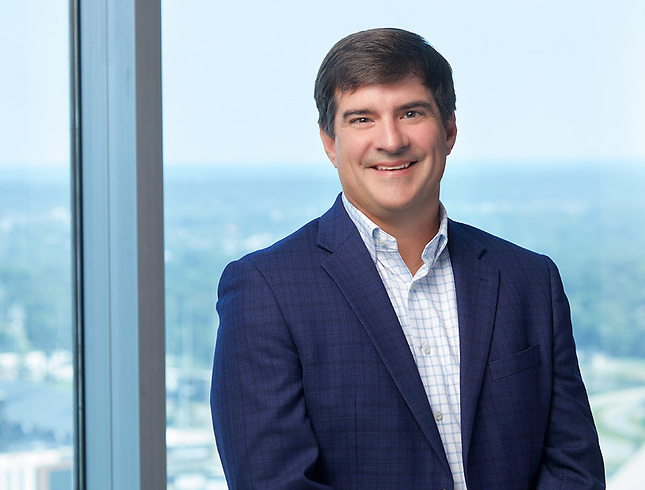In Mais v. Gulf Coast Collection Bureau, Inc., the United States District Court for the Southern District of Florida addressed the question of whether providing one's cell phone number during a hospital admission amounts to prior express consent under the TCPA to receive collection calls arising out of the hospital visit. __ F. Supp. 2d __, 2013 WL 1899616, at 11 (S.D. Fla. May 8, 2013). Under the particular facts of Mais, the court answered the question in the negative. During a hospital visit, the plaintiff's wife had provided the plaintiff's cell phone number to the hospital's admissions representative. The plaintiff failed to pay a debt owed to a radiology company arising from the visit, and the debt was referred to a debt collector for collection. The debt collector subsequently called the plaintiff's cell phone multiple times in an attempt to collect the debt. The plaintiff asserted a putative class action TCPA claim against the debt collector, the radiology company, and a holding company for the radiology company. The plaintiff alleged that the defendants used an automated dialing system to call his cell phone using an artificial or prerecorded voice in violation of 47 U.S.C. § 227(b)(1)(A)(iii). Before the plaintiff moved for class certification, the defendants moved for summary judgment on the basis that the plaintiff had provided "prior express consent" to be called on his cell phone by giving his cell phone number to the hospital during his intake. In determining the issue of consent, the court analyzed a 2008 FCC Ruling which stated that "the provision of a cell phone number to a creditor, e.g., as part of a credit application, reasonably evidences prior express consent by the cell phone subscriber to be contacted at that number regarding the debt. . ." After finding that the court had jurisdiction to review the validity of the FCC Order, the court found that the 2008 FCC Ruling was not entitled to deference because its inclusion of an exception for "implied consent" -- that is, consent deriving from the provision of a cell phone number during a credit transaction -- "impermissibly amends the TCPA," which only contained an exception for "express consent." The court concluded that the plaintiff did not provide "prior express consent" because neither the plaintiff nor his wife told the hospital that it could call the plaintiff using an automated dialer or artificial or prerecorded voice for collection purposes. Moreover, the Conditions of Admission signed by the plaintiff's wife did not contain such an express agreement. In the alternative, the court found that "the 2008 FCC Ruling does not apply to the medical care setting." The court stated that it was reasonable to expect that a cell phone number provided during a credit transaction would be called regarding failure to pay a bill. In contrast, "[w]hen a person gives his number to a doctor or hospital, he would expect that number to be used to inform him of issues relating to his health and treatment, first and foremost." The court concluded that the defendants could not demonstrate prior express consent "merely by pointing out that Plaintiff's wife gave the Hospital his cell phone number at the time of admission." The court further found that the wife's provision of the cell phone to the hospital was not equivalent to providing the number to the radiology company, a separate creditor. After deciding that the defendants had not met their burden in proving consent, the court then found that the defendant radiology company and its holding company could not be held vicariously liable for the debt collector's conduct because the statute only imposed liability on those who make the calls. In addition, there was no evidence that these defendants controlled the debt collector's conduct. The court also found that the plaintiff could only obtain damages for calls that were actually placed, not for attempted calls. For more information on consumer finance litigation topics, please contact one of the Burr & Forman team members for assistance. We are happy to answer any questions or concerns you may have.
- Partner
Matt Mitchell is a partner in the firm’s financial services litigation practice group, where he defends financial institutions such as banks, mortgage lenders, credit card companies, auto finance companies and debt ...
- Partner
As a member of the Financial Services Litigation Practice Group, Rachel Friedman defends financial institutions from alleged violations of state and federal consumer protection laws at both the trial and appellate levels.
Rachel ...


